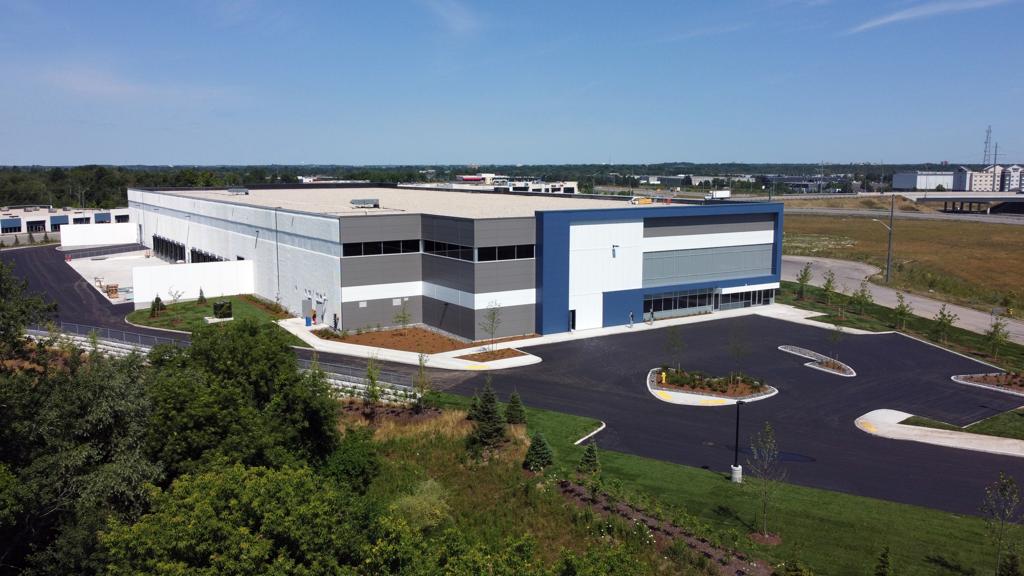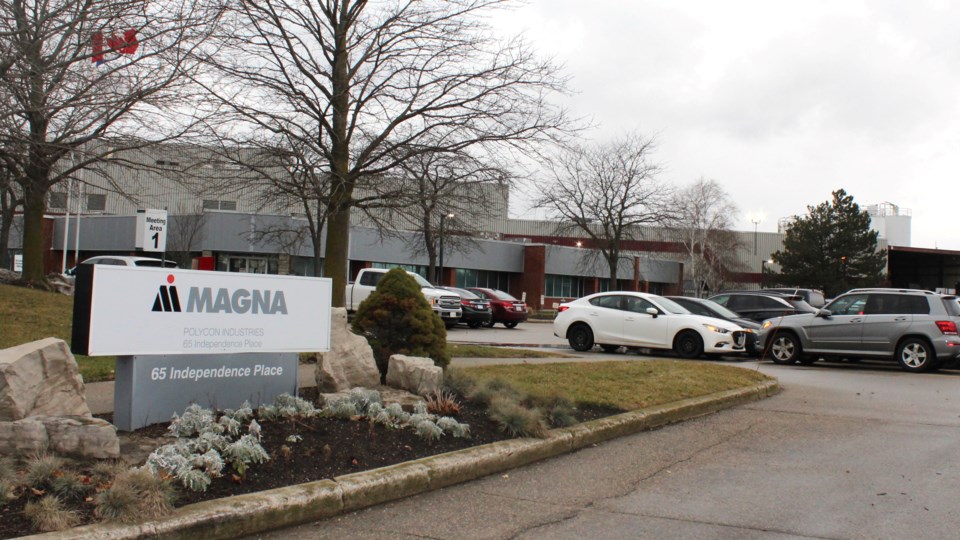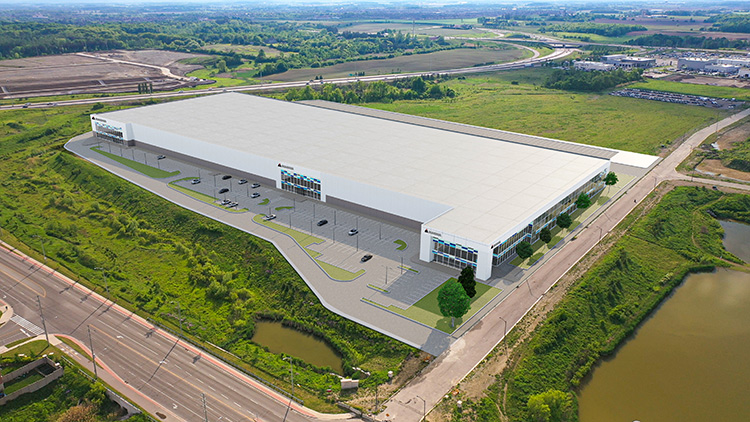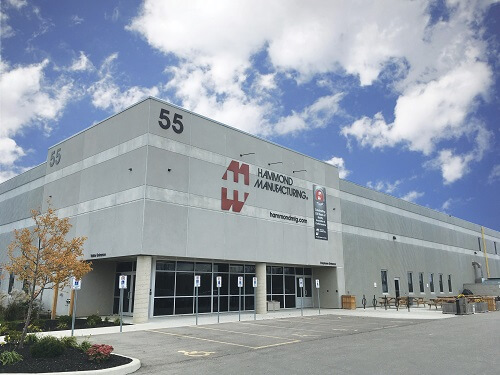September 22nd, 2023
“He, therefore, who is now against domestic manufacture, must be for reducing us either to dependence on that foreign nation, or to be clothed in skins, and to live like wild beasts in dens and caverns. I am not one of these; experience has taught me that manufactures are now as necessary to our independence as to our comfort.”
- Thomas Jefferson, in a letter to Benjamin Austin – January 9, 1816
While many pundits may proclaim novel concepts and fashionable trends to be innovative and groundbreaking, the truth is that history repeats itself.
It certainly does.
The issue is that it is only known until the memory of the last person to experience it has faded or been extinguished.
And thus today, the act of near-shoring (moving operations to a more proximate location) or re-shoring (returning a once-present operation to its place of origin) is touted as a cutting-edge solution to supply chain bottlenecks, global instability, inflation, and labour shortages.
Yet, these very ideas were once a virtue of independent and wealthy nations.
While technology has certainly reshaped the world and made possible the arbitrage of input costs and the creation of an intricate, global network of trade, the aforementioned principles remain.
Consumers relished the power and convenience of one-click, next-day delivery of goods from a catalog with billions of choices. However, as our online shopping addictions were rocked by the pandemic, we began to temper our preferences to include stability, reliability, quality, and affordability; even at the expense of waiting just a little bit longer.
Not only that, but we began to see the effects of a dependence on global partners unfold before our eyes in sectors with high-value and high-priority goods, such as automobiles, groceries, medicines, and commodities.
A slight delay in the delivery of that new gadget or wardrobe item paled in comparison to empty food shelves and electric vehicles with year-long waitlists and jaw-dropping prices. It was no longer a theory or distant concern, but one that raised questions as to how can we, as a collective, ensure that there was a backup option should ports jam, factories shut down, or countries limit exports.
And so businesses began adding contingencies to their operations. First, we saw buffer inventories that led to a significant supply glut (fueling even larger holidays sales), followed by the shift to ‘just-in-case’ models, and announcements of operations moving to Mexico, the United States, and Canada.
This isn’t to say that a single nation, like Canada, needs to produce everything and anything and turn its back on the world.
No. What it means is that this is an opportunity to be a part of the broader competitive landscape, provide more options to consumers and at a lower price, reignite our struggling manufacturing sector, and reap the benefits of a growing and highly-skilled labour force. It’s the excuse we need to take a few steps forward.
We’ll be just fine importing wine and olives from the Mediterranean; so long as we can produce the staples and aim to lead in a few key sectors best-suited to us.
In our previous issues we have highlighted Ontario’s newfound leadership in electric vehicle manufacturing, green technologies, and the innovative production of food and pharmaceuticals.
We also highlighted the key concepts of superclusters and how public and private partnerships are helping to finance the development of innovation hubs, as well as real estate pockets with growing densities of businesses.
What we will embark on in this, and coming, issues is a closer examination and spotlight on various hubs throughout Southern Ontario, and how they are slowly transforming the province back into a manufacturing leader.
So without further ado, let’s take a brief look at the City of Guelph and note a few of the more prominent businesses, along with their real estate.
Guelph Spotlight on Innovative Manufacturers and Cornerstone Businesses

Omnia Packaging’s New Facility at 54 Phelan Court, Guelph. Source: Omnia Packaging.
Newcomer: As announced by Global News, Omnia Packaging (the Canadian subsidiary of Gruppo Sunino) opened its brand-new, 90,663 SF, sustainable food packaging facility at 54 Phelan Court in Guelph, Ontario; the company’s first plant in North America. Omnia specializes in injection plastic production and will initially serve dairy, confectionary, soup and sauces producers.
As part of the its Canadian expansion, Omnia is the recipient of $3.7 million, interest-free loan from FedDev Ontario through the federal government.

Magna’s Facility at 65 Independence Place, Guelph. Source: GuelphToday.
Notable Expansion: In early 2023, Polycon Industries (a division of Magna) announced it would invest $140-million into its facility at 65 Independence Place in Guelph to support e-coat, moulding and welding capacity for electric vehicle production. As a result, 175 new jobs would be created and would coincide with the company’s staggering near-$500-million investment across five locations, in addition to its new 490,000 SF facility at 100 Ace Drive in Brampton, Ontario (an obvious digression from our discussion on Guelph, but worth mentioning).

Magna’s New 490,000SF Facility at 100 Ace Drive, Brampton. Source: Magna.
Established Player: Hammond Manufacturing began in a backyard workshop in Guelph, Ontario in 1916; producing tube radio sets, battery chargers, and other related devices. Today, the company has over 700 employees and a global presence. According to their website, “Hammond provides a wide range of standard products, product customization services, and technical support to electrical and electronic manufacturers, utilities, and institutions through a global network of agents and distributors.”
In 2016, the firm was a recipient of $3.46-million in federal funds through FedDev Ontario to help equip its new, 118,000 SF facility at 55 Wilbert Street in Guelph, as well as modernize its other facility at 394 Edinburgh Road North. It would later open another 26,000 SF metal fabrication plant in Guelph in late 2018, as well as announce plans for two factories in Palmerston – with Phase One seeing another 80,000SF of industrial space constructed.

Hammond’s 55 Wilbert Street Facility in Guelph. Source: AutomationDirect.
Other businesses not featured but worth noting: AOC Resins, Arrow Off-Road, Canadian Solar, Cargill, Denso, Guelph Tool, Hantover Canada, Linamar, Narmco Group, North American Stainless, Sapporo, SureWerx, and WestRock.
Conclusion:
All of these businesses are carrying the torch for domestic manufacturing. The hope is, as Canadian producers become more competitive, that exports and demand from increased in employment will support further investment and expansion.
This growth will manifest through the need for more modern manufacturing facilities and the creation of new businesses to supply talent, equipment, and materials.
Not only will all of this help bring in both investment and income from exports, as well as help employ hundreds of thousands of people in the long-run, but it will further secure supply chains, reduce waste in cross-globe transportation, and make us collectively independent from the many external factors which we saw play out during and following the pandemic.
In any event, industrial land and properties are the common element throughout and their development will play a pivotal role in the final outcomes.
When, where, what, and how these new projects come about is largely unknown but ready to be written by those with the vision and appetite to make it happen.
What we know for certain is why; and it has become clear that Ontario wants to be back in the conversation as an independent and innovative region.
For a confidential consultation or a complimentary opinion of value of your property please give us a call.
Until next week…
Goran Brelih and his team have been servicing Investors and Occupiers of Industrial properties in Toronto Central and Toronto North markets for the past 30 years.
Goran Brelih is an Executive Vice President for Cushman & Wakefield ULC in the Greater Toronto Area.
Over the past 30 years, he has been involved in the lease or sale of approximately 25.7 million square feet of industrial space, valued in excess of $1.6 billion dollars while averaging between 40 and 50 transactions per year and achieving the highest level of sales, from the President’s Round Table to Top Ten in GTA and the National Top Ten.
Specialties:
Industrial Real Estate Sales and Leasing, Investment Sales, Design-Build and Land Development
About Cushman & Wakefield ULC.
Cushman & Wakefield (NYSE: CWK) is a leading global real estate services firm that delivers exceptional value for real estate occupiers and owners. Cushman & Wakefield is among the largest real estate services firms with approximately 53,000 employees in 400 offices and 60 countries.
In 2020, the firm had revenue of $7.8 billion across core services of property, facilities and project management, leasing, capital markets, valuation and other services. To learn more, visit www.cushmanwakefield.com.
For more information on GTA Industrial Real Estate Market or to discuss how they can assist you with your real estate needs please contact Goran at 416-756-5456, email at goran.brelih@cushwake.com, or visit www.goranbrelih.com.
Connect with Me Here! – Goran Brelih’s Linkedin Profile: https://ca.linkedin.com/in/goranbrelih
Goran Brelih, SIOR
Executive Vice President, Broker
Cushman & Wakefield ULC, Brokerage.
www.cushmanwakefield.com
Office: 416-756-5456
Mobile: 416-458-4264
Mail: goran.brelih@cushwake.com
Website: www.goranbrelih.com


